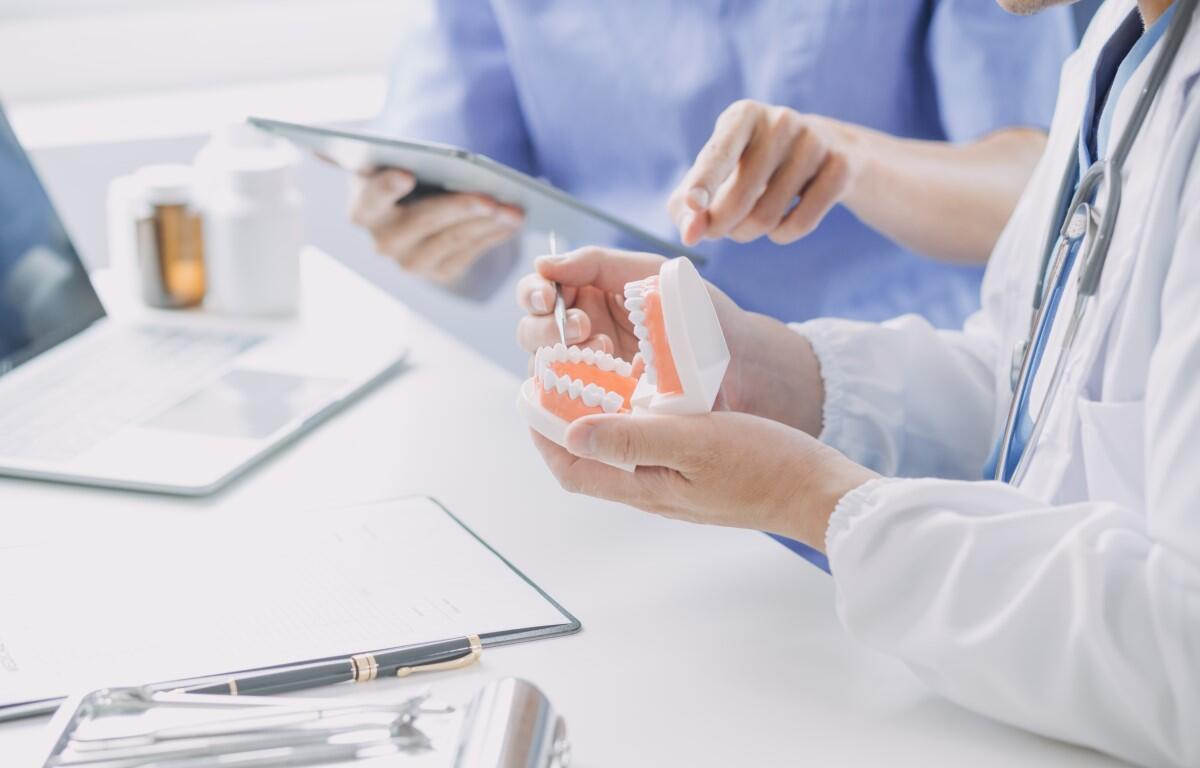Sleep disorders cause all sorts of problems, and are more common than most people realize. Dr. Jennifer J. Cornell, DDS, at Dental Sleep and TMJ Solutions of Clarksville has answers to some of the questions that come up about the conditions preventing you from getting a good night’s sleep.
Question: Can all dentists treat TMJ issues?
Answer: Not all dentists are specifically trained to treat TMJ (temporomandibular joint) issues comprehensively. TMJ disorders can involve complex problems related to the jaw joint, muscles, and associated structures. While many general dentists can diagnose basic TMJ issues and provide initial treatments like night guards or bite adjustments, more severe or chronic TMJ problems often require specialized care from a dentist with advanced training in TMJ disorders or a specialist like an oral and maxillofacial surgeon, prosthodontist, or orofacial pain specialist.
Specialized treatments for TMJ disorders might include advanced imaging (like MRI), physical therapy, splint therapy, medication, diagnostic or therapeutic injections, collaborative treatment with area ENTs, neurologists and other specialists or even surgical interventions in severe cases. Therefore, if you’re experiencing significant TMJ-related symptoms, it’s advisable to seek evaluation and treatment from a dentist with specific expertise in this area. They can provide a more thorough assessment and offer appropriate treatment options tailored to your needs.
An area of interest on the rise in TMJ related disorders is sleep apnea. Individuals with untreated sleep apnea have a higher incidence of temporomandibular joint issues. Sleep apnea deprives the body of oxygen which sends the body into a state of panic and increases the frequency and severity of bruxism or teeth grinding. This chronic bruxism causes micro trauma to the jaw joint but also the supporting structures like muscles and tendons. Often when sleep apnea is addressed and treated, the TMJ condition can improve, allowing for clarity if there is need for any additional treatment recommendations for residual discomfort or discomfort of the TMD (temporomandibular disorders).
Although there is no American Dental Association recognized specialty in treating sleep apnea or TMJ, dentists can become boarded in Dental Sleep Medicine through the American Board of Dental Sleep Medicine. The dentist undergoes an additional training program involving many hours of lecture/study, case presentation, demonstration of skills and then must sit for and pass a lengthy written board examination. This training also involves advanced training in TMJ related disorders.
When choosing a provider to treat TMJ related disorders, it is important to understand if they have the knowledge, training and experience to fully understand your condition. TMD treatment is often not covered by insurance. To minimize out-of-pocket costs and time it is important to find a provider with advanced training. At Dental Sleep and TMJ Solutions of Clarksville we take a conservative logical approach to treatment of TMJ disorders, but if needed we have relationships with other health care providers in the area to find the best treatment options for the individuals presenting conditions.
Jennifer J. Cornell, DDS, is a diplomate of the American Board of Dental Sleep Medicine. For more, visit the Dental Sleep and TMJ Solutions of Clarksville website or call 931-645-8000.


